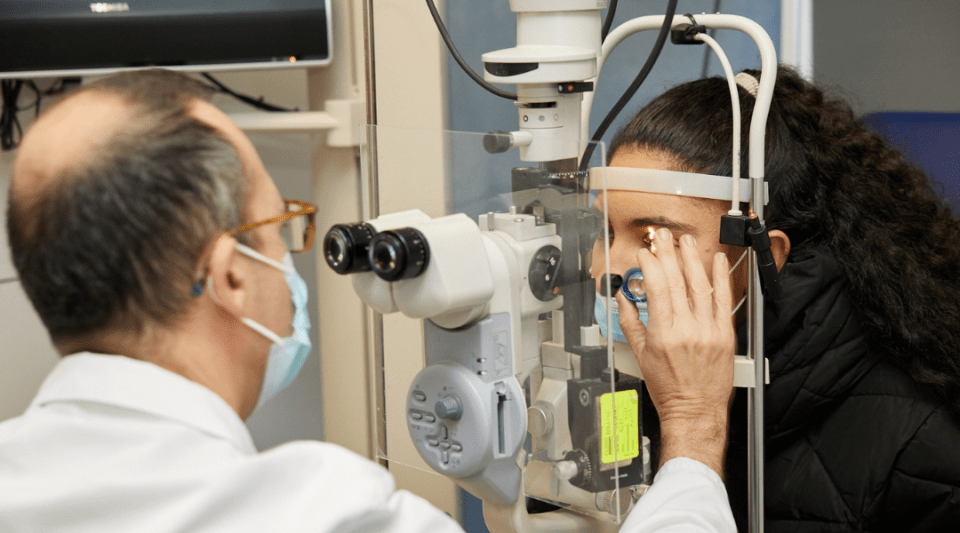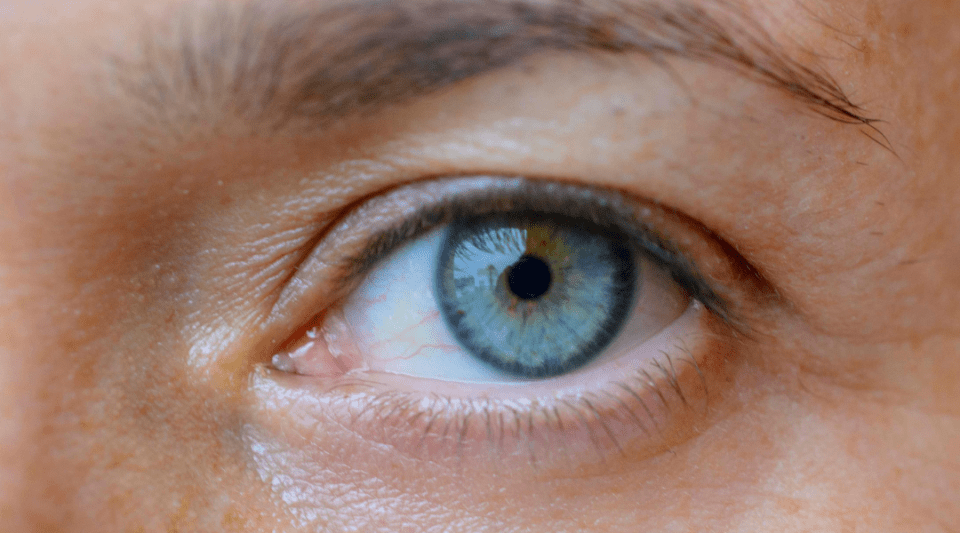Taking regular breaks from work helps to interrupt the cycles of overload that affect sleep, mood, concentration and, in general, the body's balance.
How holidays benefit the body and mind
1. The brain and mental health
The first observable benefit of disconnecting is a reduction in perceived stress. Holidays reduce anxiety levels and allow the brain to emerge from a constant state of alert. Many people report improvements in mood, greater mental clarity, and a sense of well-being. Moreover, holidays help prevent burnout and contribute to restoring motivation at work.
2. Cardiovascular health
Resting also protects the heart. Holidays have been shown to be associated with better cardiovascular health, since they help reduce blood pressure and promote better circulation. Various studies show that taking at least a couple of breaks a year is associated with a lower risk of heart attack and coronary heart disease, especially in people with risk factors.
3. Immune system
Chronic stress weakens the immune system, making us more prone to infections and diseases. By disconnecting and resting, cortisol, the stress hormone, is reduced and the immune response is strengthened. Even short periods of rest in nature can improve certain biomarkers of immune health.
Quality of rest: more important than the destination
One of the most common myths is that you need long trips to disconnect. The truth is that the quality of rest is more important than the duration or the cost. A recent meta-analysis shows that so-called “mini-breaks”—getaways lasting 3 or 4 days—can produce immediate improvements in well-being and can even be more effective if repeated several times a year.
The essential thing is to break the routine and reduce obligations, even if it is in a familiar environment. Local getaways, disconnecting at home or outdoor activities can provide the same benefits as long holidays, if you experience them mindfully.
Digital disconnection: essential for a proper rest
A common mistake people make is to stay connected to work during the holidays. Checking e-mails, replying to work messages or staying glued to your mobile phone prevents your body and mind from entering rest mode.
For effective recovery, you should:
- Turn off work e-mail notifications.
- Mute work groups.
- Notify people in advance of your absence and set up an automatic reply.
- Set aside specific times of the day to be completely screen-free.
Only then is it possible to interrupt the continuous stress and regain emotional balance. Digital disconnection is the key to ensuring that holidays are effective.
Not just in summer: mindful breaks all year round
Although summer remains the favourite time for holidays, regular breaks throughout the year are just as important, if not more so. Planning long weekends, bank holidays or short breaks helps to maintain a balance and prevent accumulated exhaustion.
Planning mindful breaks every few months allows our body and mind to 'reset' periodically. This has a cumulative effect that protects our physical and emotional health.
Frequently asked questions (FAQ)
How many days of holiday are needed to see real benefits?
Even 4 nights can be enough to reduce stress and improve emotional well-being. You don’t need a long trip to disconnect, if the quality of your rest is good.
What happens if I can't afford to go away?
Holidays don’t have to involve spending money. The important thing is to break with routine, take time for yourself, and avoid obligations. You can rest at home, explore the surrounding countryside or simply disconnect from your mobile phone and work.
Is it better to have one long holiday or several short ones?
Several studies indicate that frequent, short getaways may be as beneficial as, or even more beneficial than, one long holiday. The key is to maintain a balance throughout the year.
What happens if I stay connected to work during my holidays?
Not disconnecting completely can negate much of the benefit of rest. Digital disconnection is essential for reducing stress, recovering energy and improving mental health.
Can holidays prevent illness?
Yes. Regular holidays are associated with lower cardiovascular risk, better rest and a stronger immune system. Cortisol (stress hormone) levels are also reduced.
Conclusion
Disconnection is not a luxury, it is good for your health. Holidays allow you to rebalance your body and mind, protect your heart, strengthen your immune system, and help prevent emotional exhaustion. It doesn't matter where you go or how long you stay, but how you experience your break. If you prioritize your well-being and plan mindful breaks throughout the year, your health will thank you for it.




